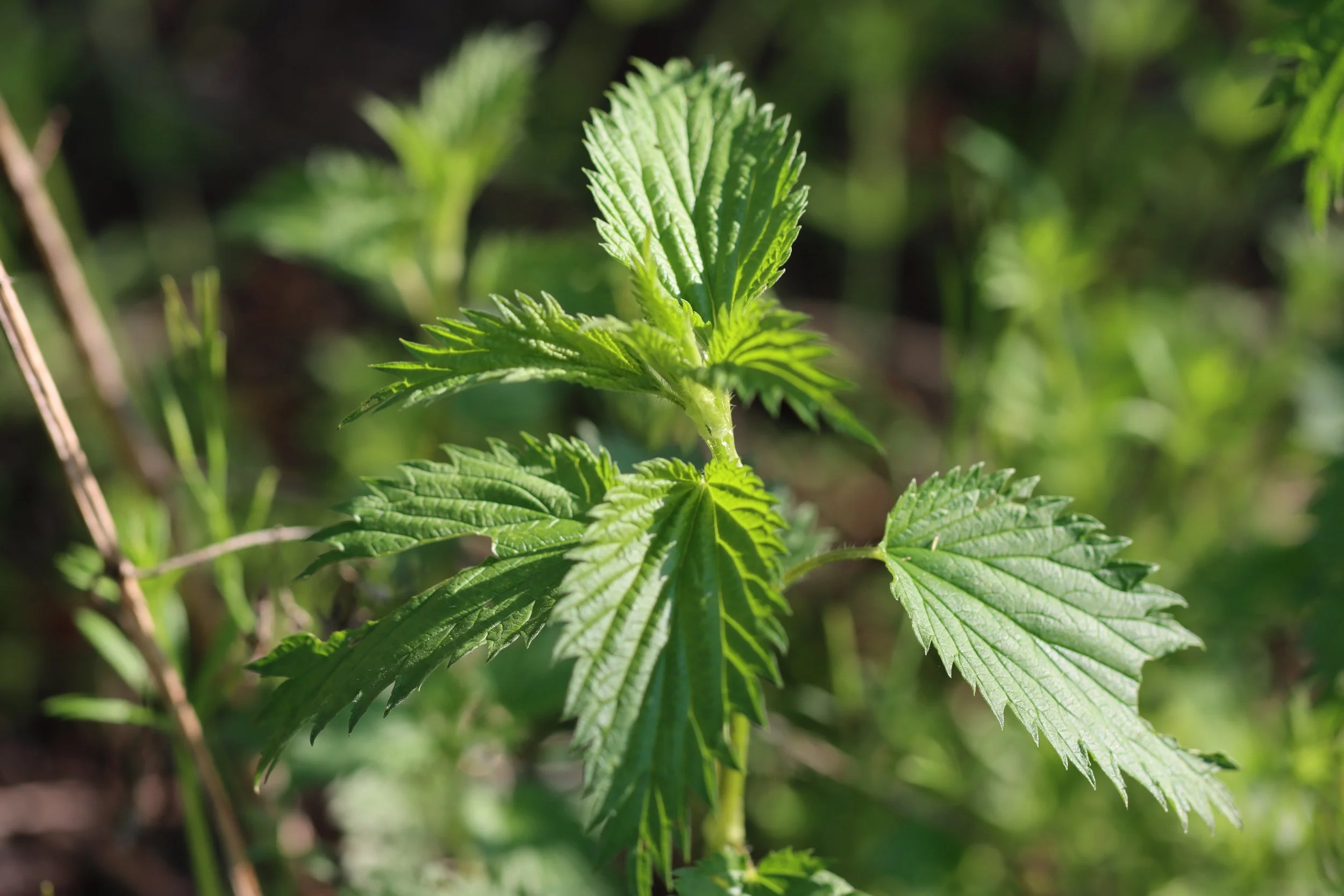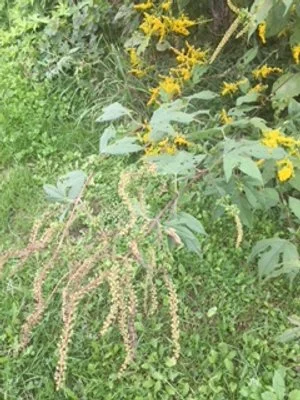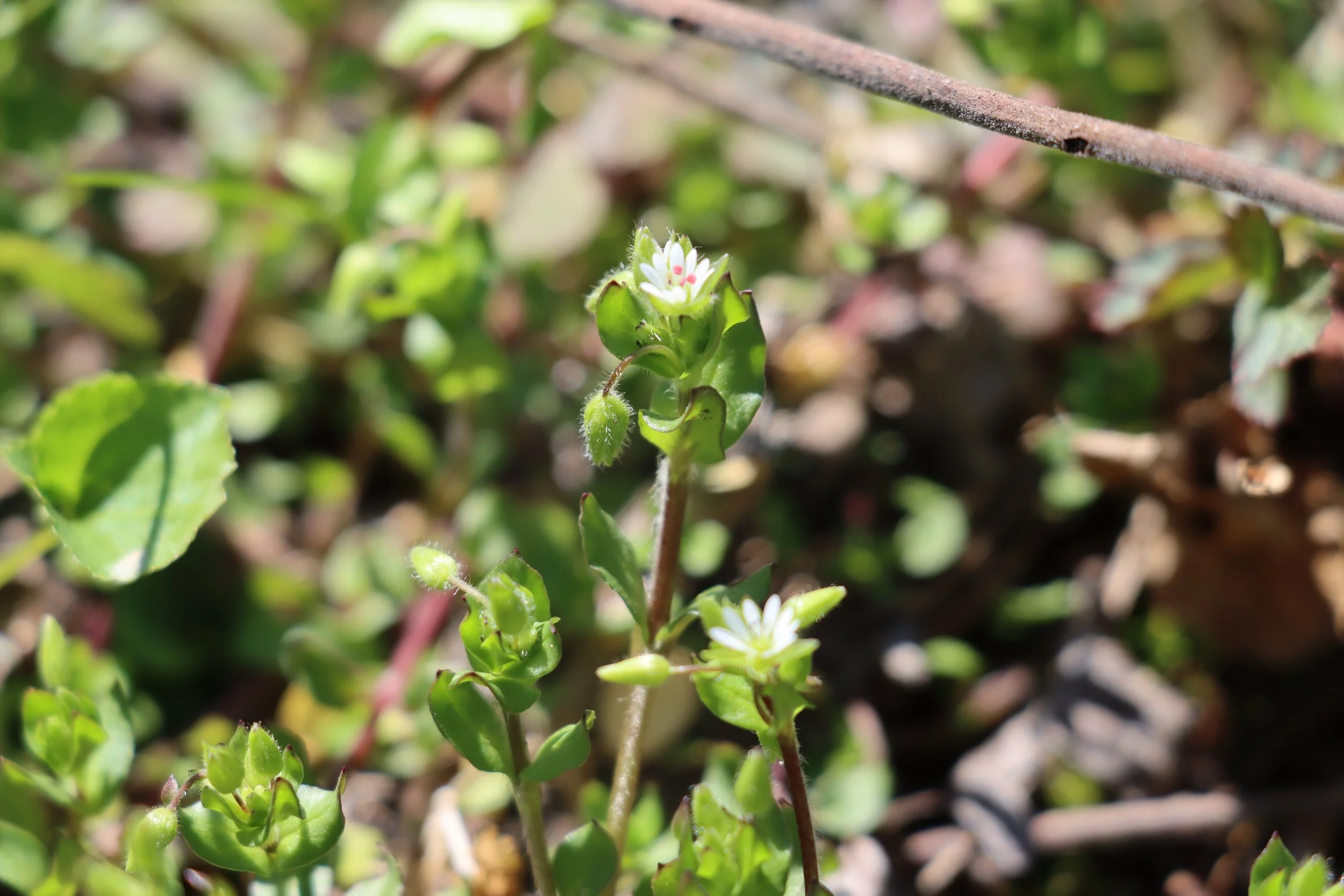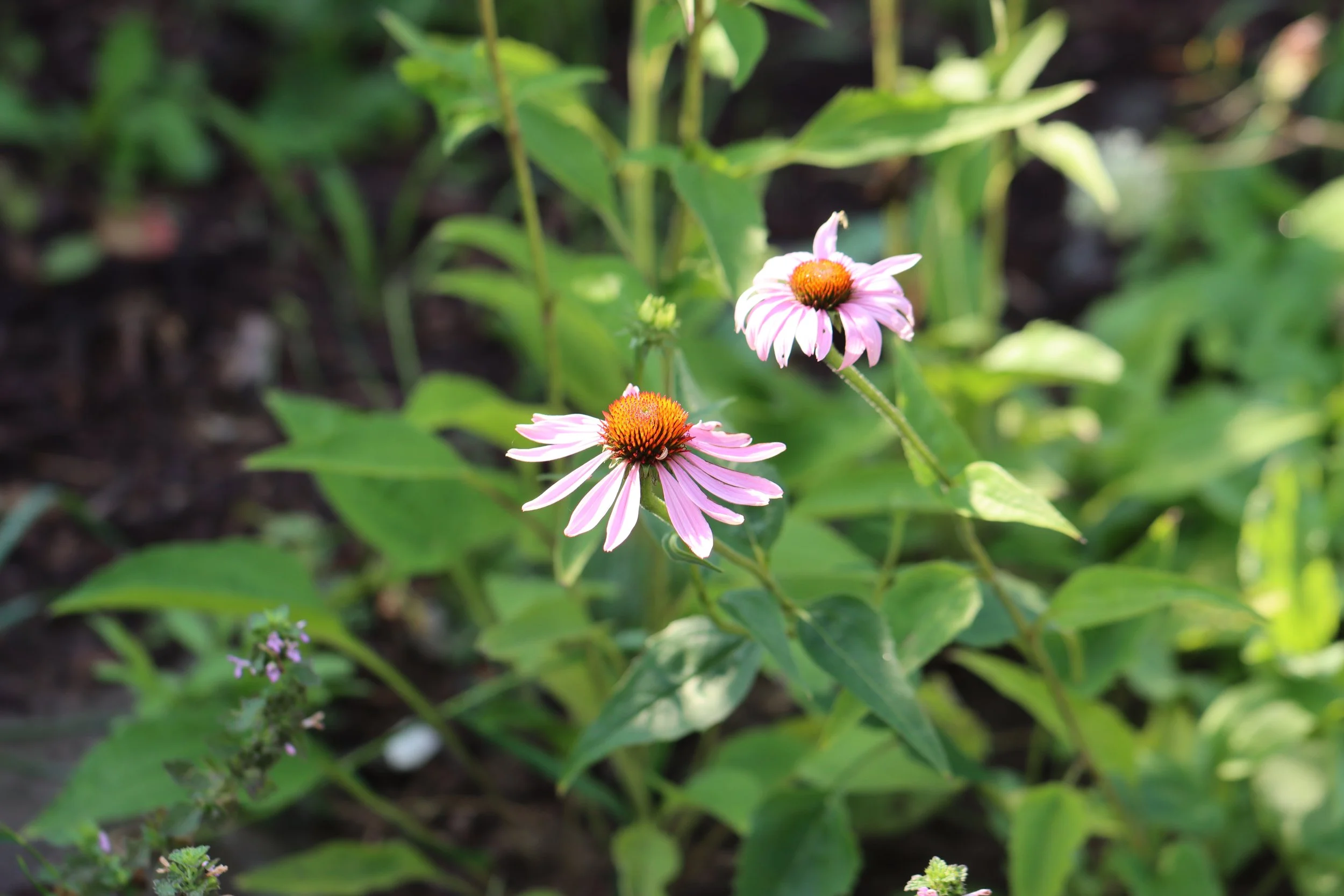When it comes to finding the cause of allergies, it is sometimes like looking for a needle in a hay stack. I have been working with clients dealing with allergies for many years, and the one common factor in all of these cases is diet and digestion. However, no two cases are the same, and it takes a lot of investigation to discover each individual’s cause. There are other causes that can also affect the onset of allergy symptoms which you need to be aware of, and I will be discussing all of these topics here for you. One good thing is that herbs and dietary supplements can help immediately to relieve the symptoms while you are investigating your cause. What can you do now? What can you do to move forward? What can you do to correct this health situation? It is important to understand how you can help yourself immediately, and what steps you can take for long-lasting relief of your symptoms.
There are many different herbs that can be beneficial for allergies which can include herbs with different actions on the body:
Nettle leaf – This is probably one of the most well-known anti-allergy herbs. It works by slowing down the release of histamine which causes inflammation and inflammatory symptoms. Sometimes, just this one herb in an infusion (tea) drinking 1-3 cups daily is all someone needs. It also works by adding nutrition in the form of valuable vitamins and minerals. Oftentimes, individuals need more than just this herb to help with the symptoms.
Goldenrod leaves and flowers – There are many times that I have to explain that this particular herb does not cause allergies in the fall. Many people think they are allergic to it, but it is actually the ragweed that grows at the same time, and often near this herb that releases the pollen that causes many to suffer. Goldenrod helps with allergies! It is an herb that reduces inflammation especially in the nasal and sinus cavities. It also acts as an astringent drying up excess fluid. It is what we consider a decongestant herb. Drinking 1-3 cups of the infusion, or up to 30 drops three times daily of the tincture.
Ragweed – Now, you are thinking I am crazy mentioning this herb as an anti-allergy remedy, but it can be at the right harvesting time. Remember how I said it is the pollen that people are allergic to? If ragweed is harvested before the flowers first open, the pollen is not there yet. It is the aerial parts that are used before flowering. They are astringent and useful for the discharge of mucous and the itchy and watery eyes associated with hay fever in the fall. It is a very bitter herb and I do not recommend taking this in an infusion. The tincture dose is up to 30 drops three times daily.
Chickweed – This springtime grower is another histamine reducing herb that is also packed full of nutrients. This herb is very cooling and moistening to the dry and often heated inflammatory symptoms of allergies. This is not the best choice if you are freely dripping from the nose. In this case, utilize an astringent herb. This herb does not dry well and hold its medicine, so it should be used fresh to make a tincture or use in an infusion. Collect chickweed in the spring and freeze for later use.
Echinacea – Not only is this herb great for the immune system, it is considered a decongestant herb as well. You can harvest or use the leaves or the root for this need. Allergies are considered an autoimmunity, and it is often recommended to avoid echinacea because it stimulates the immune system. I have found this herb to be an immune modulator for the most part, but there have been individuals that have flares of their autoimmunity because of it. I think this comes down to constitution and individual traits. Most allergy suffers could benefit from herbs that can balance the immune system. The tincture is my preference at 30-60 drops three times daily.
Cayenne – This is a one true and efficient herb to open up the nasal passages and move fluid out of the nasal and sinus cavities. I utilize a few (just a few) grains of cayenne powder as a snuff. I will inhale these few grains into each nostril for immediate action to breathe when nasal congestion is unbearable. I will do this for allergies, colds, or sinus infections. It shouldn’t be used like this for long periods of time, but just when it is absolutely needed. In a day with severe congestion, I will inhale the grains maybe three to four times throughout the day until I can begin to taste the cayenne in the back of my throat. You might sneeze, but try to withhold blowing your nose at first.
Medicinal Mushrooms – I mentioned that allergy sufferers could benefit from balancing the immune system. Medicinal mushrooms are my favorite way to do this. I will add the powder to smoothies, soups, sauces, and hot beverages to get this benefit. Getting at least 2 tablespoons daily in your diet will help.
Antioxidants – Herbs containing antioxidants are beneficial in helping to release excess histamine in the body. The Rose and Mint family contain many herbs with high antioxidants. Rose hips, apples, peppermint, and many of your kitchen spices are included. You can eat a lot of red, blue, and purple berries to get antioxidants as well. It is hard to get enough Vitamin C and other antioxidants into your system with diet alone, so taking an additional supplement will be beneficial. I often recommend 2,000-3,000mg total of Vitamin C to help release the excess of histamine. This works well for those that are histamine intolerant and have trouble getting rid of the buildup of histamine.
Now that you have help with the symptoms, I want to talk about moving forward in finding out if you have food intolerances, or digestive issues to repair. Both of these situations can have an effect on allergies. I always recommend all my clients do a food journal which includes documenting food, drinks, and any symptoms that you are having. These symptoms could include flatulence, bloating, stomach cramping, constipation, diarrhea, intestinal cramping, fatigue, headaches, or heart rate fluctuations. By documenting this information for at least two weeks, you will have a way to compare and check for patterns after eating a certain type of food. Some culprits are gluten, dairy, nightshades, eggs, chemicals from processed food, or even foods containing varying amounts of histamines.
After finishing your food journal, you find that a certain type of food causes symptoms in your body, it is time to eliminate that type of food and repair your digestion at the same time. I often say the 4R program works to do just that. The 4R’s are remove, reinstate, re-inoculate, and repair. Remove the food intolerances, reinstate digestive secretions and enzymes, re-inoculate with good gut flora, and repair with mucilage containing herbs or l-glutamine. Repairing the digestion could take upwards of a year depending on the severity of the damage especially if leaky gut is involved.
There are times when I am working with a client after removing the food intolerance (if there is one to find) and following the 4R’s they do not find relief. This is when I have to dive further into their food journal, or ask them to fill out another one for at least a month. Here, I would be looking for a possible histamine intolerance where the body has a hard time eliminating the histamine from the body. It could take months after eliminating histamine food before the histamine has completely been removed from the body. A good indication we are looking at histamine intolerance is when a reaction is noted after eating fermented food or leftovers.
Another possibility to look at is the potential for a MTHFR mutation that can affect the balance of the immune system. The MTHFR gene is responsible for producing an enzyme that affects methylation and the metabolism of folate. With a mutated gene, an individual can be predisposed to allergies because methylation and folate are important for immune balance. If you have tried dietary changes and restrictions while utilizing the 4R’s and still have issues, you might want to have your DNA tested. With the histamine intolerance and MTHFR mutation, additional supplements may be needed.
I will also look into the client’s environment and see if other triggers are there. This could include toxins or chemicals in the workplace, mold issues, or household cleaners. Dehydration and stress are also contributors to allergy symptoms. Find out where you can make an improvement in all of these areas.
Finding the cause of your allergy symptoms can be a long-term journey to finding relief permanently, but there are things you can do now to help yourself with the symptoms, and additional steps to move forward and heal your body. If you are having a hard time with this process, look to a health practitioner that can help you naturally find relief.








